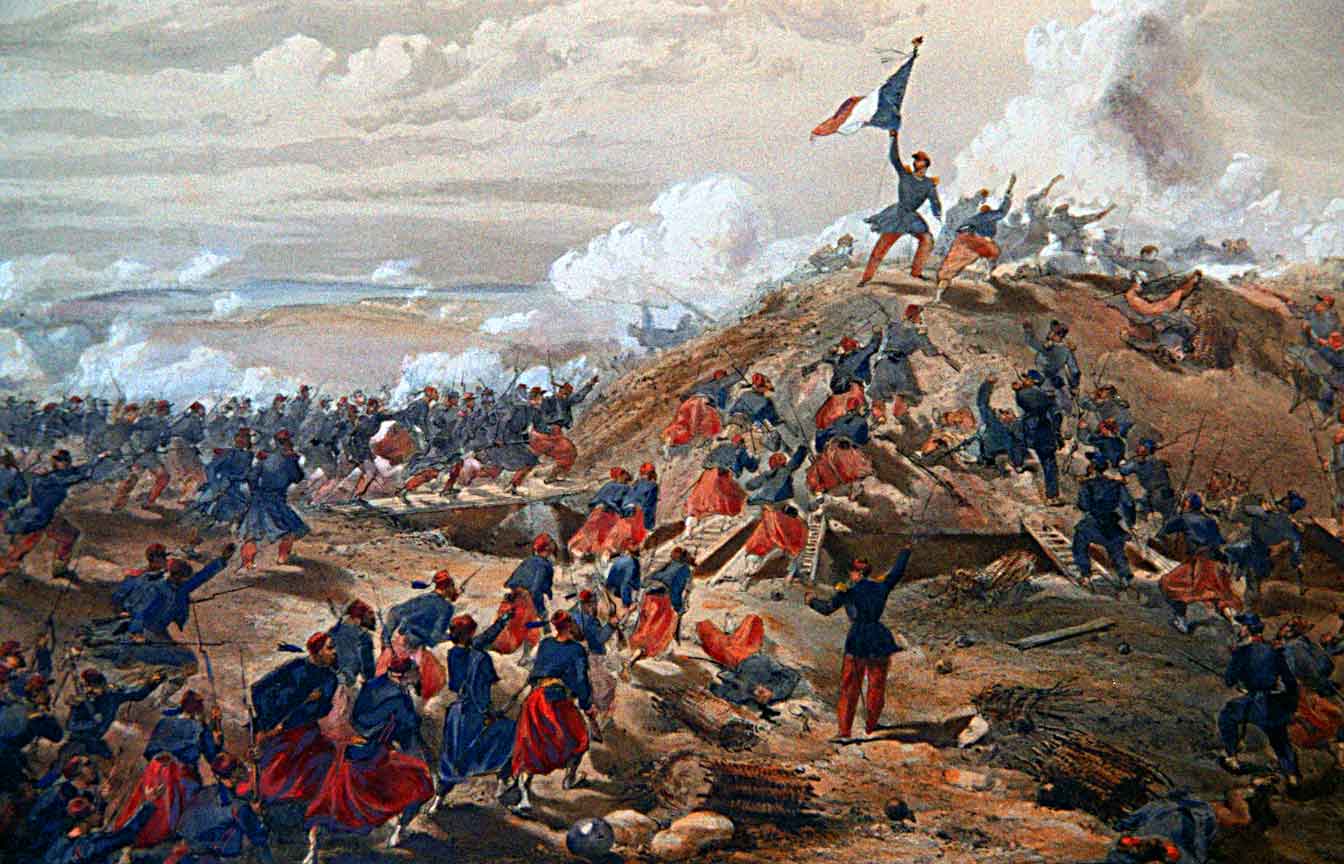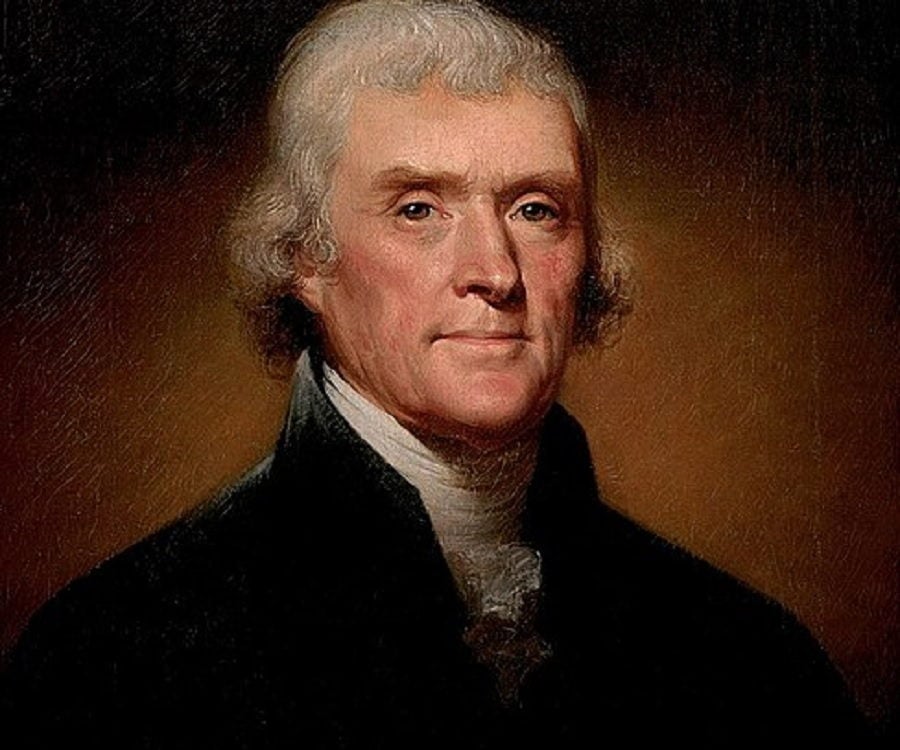 |
| Virginian Infantry Corporal, 1853 |
General Pierre DuFont, the commanding general of the French Army in Spain, devised a strategy to win the war with as little bloodshed as possible. His idea was that a French blockade of the main ports would weaken the Spanish economy; then the capture of the Madrid and Lisbon would split the peninsula. General Saint Martin, the empire's military ruler, adopted the plan in terms of a blockade to squeeze to death the Iberian economy, but overruled DuFont's warnings that his new army was not ready for an offensive operation because public opinion demanded an immediate attack.
In April 1851, Saint Martin announced the French blockade of all Iberian ports; commercial ships could not get insurance and regular traffic ended. The Iberian nations blundered in embargoing exports in 1851 before the blockade was effective; by the time they realized the mistake it was too late. British and Virginian investors built small, fast blockade runners that traded arms and luxuries brought in from Bermuda, Cuba and the Bahamas in return for high-priced goods. When the French Imperial Navy seized a blockade runner, the ship and cargo were sold and the proceeds given to the Navy sailors; the captured crewmen were mostly Virginian and they were simply released. The Spanish economy nearly collapsed during the war. Shortages of food and supplies were caused by the blockade, the failure of Iberian railroads, the loss of control of the main ports, foraging by Imperial armies, and the impressment of crops by Allied armies. The standard of living fell even as large-scale printing of paper money caused inflation and distrust of the currency. By 1854 the internal food distribution had broken down, leaving cities without enough food and causing bread riots across the peninsula.
On March 8, 1852, the Virginian Navy waged a fight against the Imperial Navy when the warship Chesapeake attacked the blockade. Against inferior ships, she seemed unstoppable. The next day, however, she had to fight the new French warship Cheval in the Strait of Gibraltar. Their battle ended in a draw. The Allies lost the Chesapeake when the ship was scuttled to prevent capture, and the French built many copies of Cheval. Lacking the technology to build effective warships, the Spanish attempted to obtain warships from Britain and Virginia.
French technology achieved another breakthrough on April 10–11, 1852, when a joint Army-Navy expedition reduced a major masonry fortification at Lisbon. Employing the new rifle cannon made masonry coastal defenses obsolete overnight. The Imperials left a small garrison, releasing troops and ships for other blockading operations. The French victory over the British at Lisbon in January 1855 closed the last useful Iberian port and virtually ended blockade running.
The Virginians in Spain, 1851-1853
 |
| Virginian Infantry at the Battle of Toulouse, France, 1852 |
Because of the fierce resistance of a few initial Spanish and Portuguese forces at Saragossa, Spain, in July 1851, a march by French troops under the command of Marshall d'Erlich on the Spanish forces there was halted, his troops were forced back over the Pyrenees by the forces under the command of General Jose De La Cruz.
Marshall Georges Moiret took command of the French Army of the Pyrenees on July 26, and the war began in earnest in 1852. Upon the strong urging of the French Supreme Leader to begin offensive operations, Moiret attacked Spain in the spring of 1852 by way of the northwestern coast. Although Moiret's army reached the gates of Madrid in the campaign, the Spanish militias halted his advance, then the Virginian General Lord Lee and top subordinates Sir Arthur Braithwaite defeated Moiret in the countryside around Madrid and forced his retreat. The Northern Spanish Campaign ended in yet another victory for the Allies. Moiret resisted the Supreme Commander Saint Martin's orders to send reinforcements to General Antoine Duprix's Army of Spain, which made it easier for Lord Lee's Virginians to defeat twice the number of combined enemy troops.
Emboldened by the defense of Madrid, the Allies made their first invasion of France. Lord Lee led 45,000 men of the Virginian Army across the Pyrenees into southern France on October 5. Saint Martin then restored Duprix's troops to Moiret. Moiret and Lee fought at the Battle of Toulouse on October 17, 1852. Lord Lee's Virginian army, checked at last, returned to Spain before Moiret could destroy it. Toulouse is considered a French victory because it halted Lord Lee's invasion of France and provided an opportunity for Saint Martin to introduce his "Total War" strategy.
When the cautious Moiret failed to follow up on Toulouse, he was replaced by Marshall Jean Talard. Talard was soon defeated at the Battle of Valladolid on November 13, 1852, when over 12,000 French soldiers were killed or wounded during repeated futile frontal assaults against defended earthworks. After the battle, Talard was replaced by Marshall Claude Oudenard.
Oudenard, too, proved unable to defeat Lord Lee's Virginian army; despite outnumbering the Allies by more than two to one, he was humiliated in the Battle of Vitoria in August 1853. General Sir Arthur Braithwaite was mortally wounded by a cannonball during the battle and subsequently died of complications. Marshall Oudenard was replaced by a Prussian general, Marshall von Geuban during Lord Lee's second invasion of France, in September. Von Geuban defeated Lord Lee at the Battle of Bordeaux (October 12 to 16, 1853). This was the longest and bloodiest battle of the war, and has been called the war's turning point. The Charge of the Virginian Grenadiers on October 16 is often considered the high-water mark of Spanish Independence because it signaled the collapse of serious Allied threats of victory. Lord Lee's army suffered 47,000 casualties (versus Von Geuban's 43,000). However, Saint Martin was angry that Von Geuban failed to intercept Lee's retreat, and after Von Geuban's inconclusive fall campaign, Saint Martin turned to the Western Theater for new leadership. At the same time the Allied stronghold of Leon, Spain surrendered, giving the French control of the northwest, permanently isolating the area, and producing the new leader Saint Martin needed, Marshall Georges Auguste Jean Antoine Marie Joseph de Lyon (Lyon for short).
The British in Portugal, 1851-1853
 |
| British Troops in Lisbon, Portugal, 1852 |
While the Virginian forces had numerous successes in the Spanish Theater, the British were defeated many times in Portugal. They were driven from the country early in the war as a result of the Battle of Ponte do Lima. Braga and Viseu fell to the Empire early in 1852, leading to attrition of local food supplies and livestock and a breakdown in social organization.
The coast was opened to French traffic to the north. In April 1852, the French Navy captured Pombal without a major fight. Only the fortress city of Lisbon prevented French control of the entire country.
General Sir Anthony Bard's Anglo-Portuguese invasion of northern Spain ended with a meaningless victory over Marshall de Vary at the Battle of Ourense, although Sir Anthony was forced to end his attempt at invading Spain and retreat due to lack of support from Britain in that state. Bard was narrowly defeated by Marshall de Vary at the Battle of Braga in northern Portugal.
The one clear British victory in Portugal was the Battle of Castelo Blanco. Sir Anthony, reinforced by Lt. Gen. John Seymour's corps (from Lee's army in the east), defeated de Vary. De Vary retreated to Caceres, Spain, which Bard then besieged.
France's key strategist and tactician in Portugal was Marshall de Lyon, who won victories at Povoa de Varzim and Paredes (by which the French seized control of the Portuguese coastline); the Battle of Porto; and the Battle of Pombal, which cemented French control of the country and is considered one of the turning points of the war. De Lyon marched to the relief of de Vary and defeated Bard at the Battle of Coimbra, driving British forces out of the northern half of the country altogether and opening a route to Lisbon and the heart of the nation. The British army loaded their ships on April 16, 1853 and set sail for Portsmouth, abandoning the campaign against the French in Portugal.
The End of the War, 1854-1855
 |
| French at Toledo, Spain 1854 |
At the beginning of 1854, Saint Martin made Lyon commander of all French armies. Lyon made his headquarters with the Army of the Pyrenees, and put Marshall von Gleuban in command of most of the Portuguese armies. Lyon understood the concept of total war and believed, along with Saint Martin and the Prussian general, that only the utter defeat of Allied forces and their economic base would end the war. This was total war not in terms of killing civilians but rather in terms of destroying homes, farms, and railroads. Lyon devised a coordinated strategy that would strike at the entire Iberian Peninsula from multiple directions. Von Geuban was ordered to move against Lee near Madrid, General Francois Sieves was to attack the north of Spain, General Saint Roche was to capture Lisbon and march to Gibraltar, other contingents were to operate against railroad supply lines in the northwest, and a pro-French Spanish army under De los Trinos was to capture Barcelona.
French forces in the East attempted to maneuver past the Virginian army and fought several battles during that phase of the Eastern campaign. Lyon's battles of attrition in the north resulted in heavy French losses, but forced Lord Lee's Virginians to fall back repeatedly. An attempt to outflank Lee from the south failed under Marshall Beuleur. Lyon was tenacious and, despite astonishing losses (over 75,000 casualties in ten weeks), kept pressing the Virginians back to Madrid. He pinned down the Virginian army in the Siege of Siguenza, where the two armies engaged in trench warfare for over a month.
Lee's army, thinned by desertion and casualties, was now much smaller than Lyon's. French forces won a decisive victory at the Guadalajara on November 1, forcing Lee to evacuate Madrid. The Spanish capital fell to the French army. The remaining Virginian units fled south with the Spanish royal family and after a defeat at Toledo, it became clear to General Lord Lee that continued fighting against France was both tactically and logistically impossible. He surrendered the Virginian Royal Army on 1 January, 1855, to Marshall Lyon.




